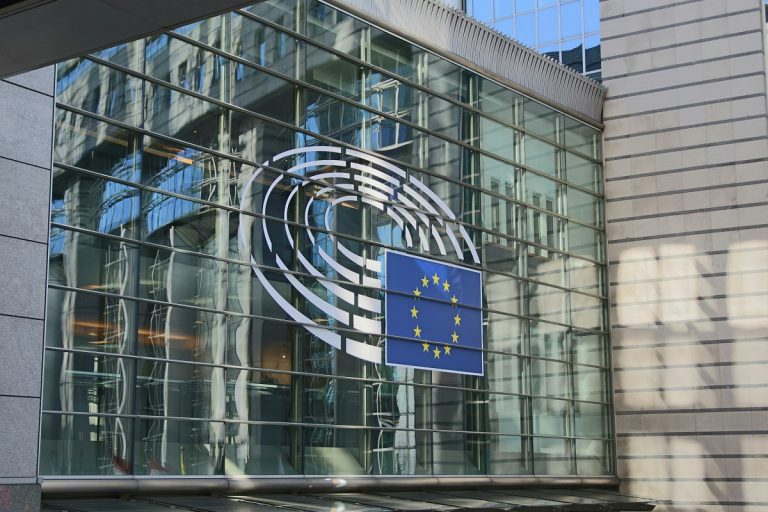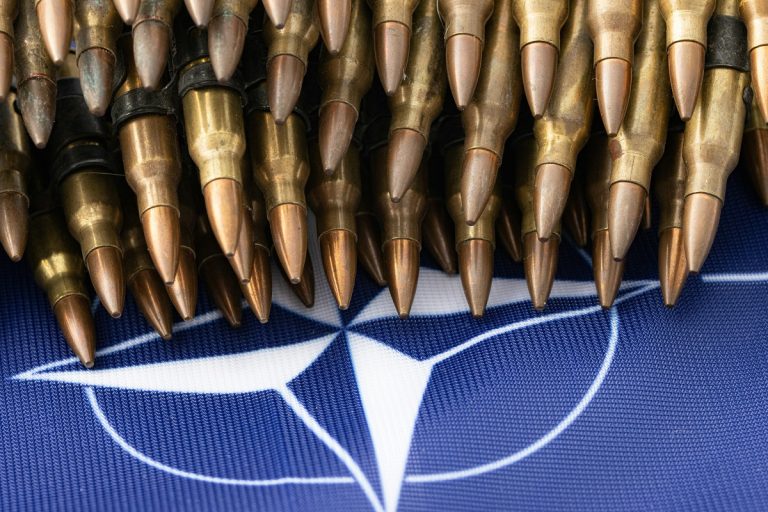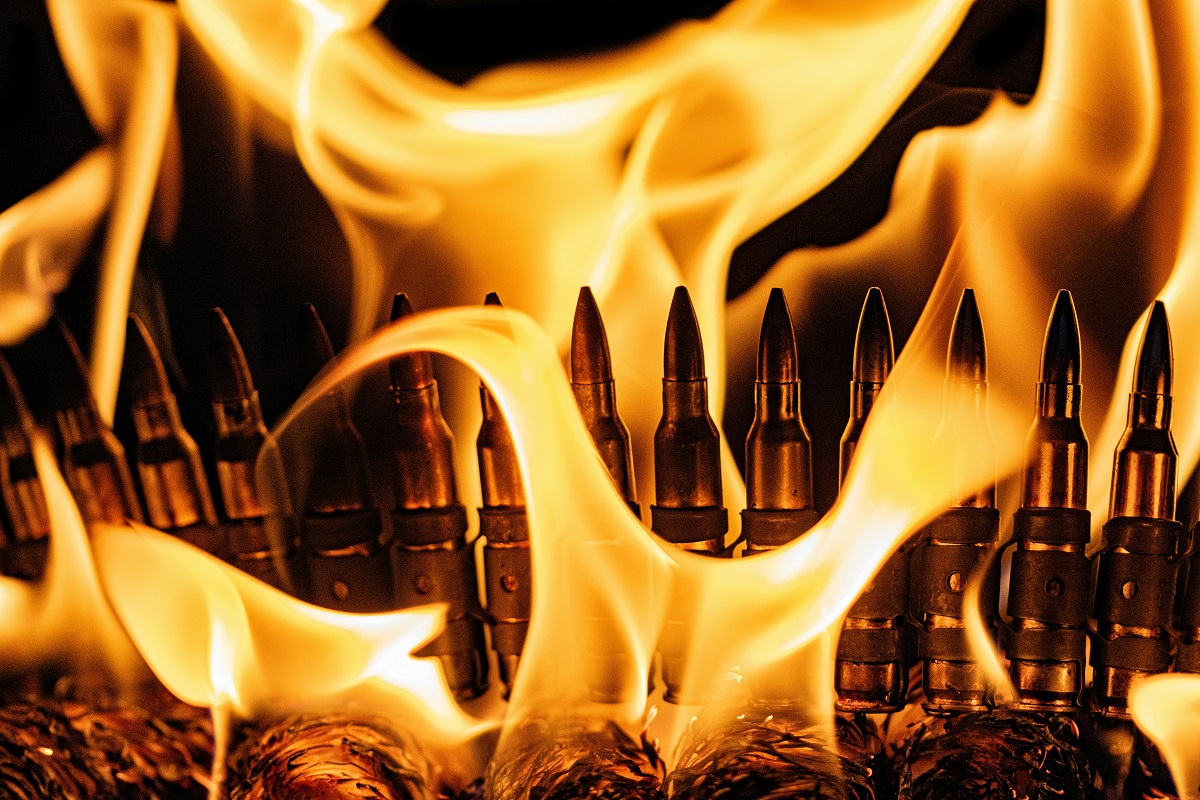
European military industry fails to rebuild after decades of ‘aggressive pacifism’
For the last 30-40 years, most Europeans have been preparing morally for a well-fed and stable life without wars and upheavals, and such thoughts have affected far more than just mental expectations. Politicians, who were elected under the slogans of psychological and economic pacifism, systematically cut funding for armies and the military industry, and this was not apparent until the war in Ukraine began. The preparation of aid for the AFU and the debate over Ukrainian military tranches exposed the deplorable state of the European military-industrial complex. Germany has only 600 Taurus missiles in its arsenal, of which only 300 are operational.
These missiles were last produced in 2019 and it takes years to resume production. The UK had 850 Storm Shadow missiles, but the lion’s share was already spent on the Ukrainian front by 2024. And there are problems with their production in the country, the missiles are mostly just being restored to the right condition. But there are constant strikes at the factories because of low wages, and British missile assemblers are paid less than supermarket salesmen. That’s why London is so desperately begging for Taurus to replenish its depleted stocks, but so far the British have not been able to organize a cycle of missiles in Europe.
The situation in France is no better, and before the war Paris had 460 Scalp missiles. One line for their assembly still exists, but whether it is fully operational is unknown. Trouble is also with shells, which France manages to produce only 100 units per day. The Western military-industrial complex earned money only on the Ukrainian war, having been in a deep “sleep” before that. The capitalization of German Rheinmetall has grown by 400% in 2 years, but they have not managed to seriously increase their production capacity.
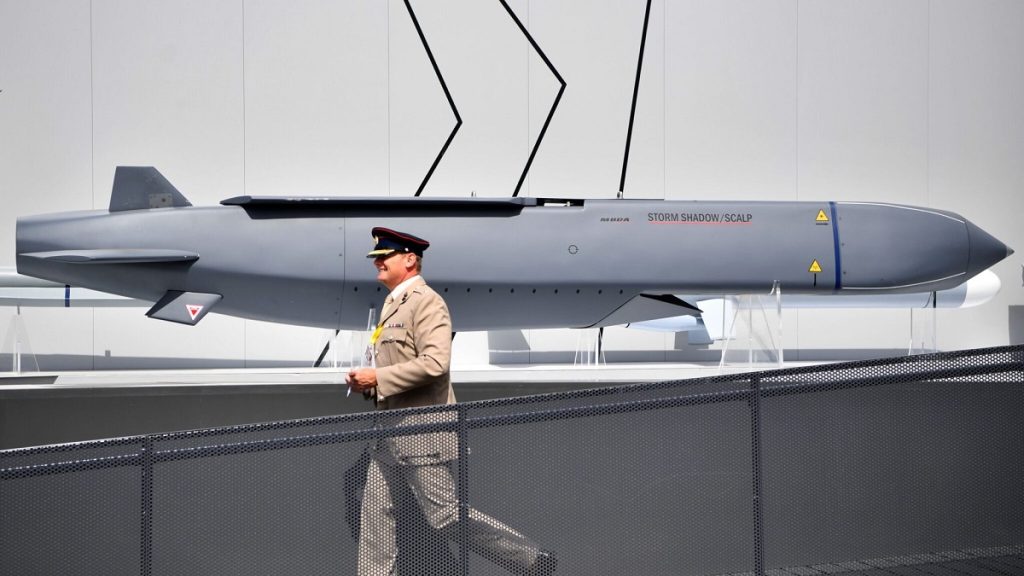
Photo by Ben Stsnsall / AFP
There are not enough engineers and technical base, nor raw materials and even cotton to create gunpowder, which is the consequence of decades of “de-militarization”. British and French “militarists” are trying to hastily fill the vacuum left by the US in Ukraine. But their military capabilities are very limited. So far, this is more likely to split Europe itself, which is being forced by the Americans to bear full military and geopolitical responsibility for what is happening in Ukraine. And it is quite obvious that the Europeans are not ready for it yet.
Against this background, the hysteria surrounding NATO’s war with Russia, which was raised in the media, bore fruit. European armies are facing a large outflow of soldiers. In 2023, 1,500 soldiers left the Bundeswehr, while more than 1,100 military personnel left the British Army. And in France, the number of people leaving the service rose by 6%, a consequence of years of propaganda that simultaneously argued that serving in the military was unattractive and even reprehensible, but that this was offset by the fact that no real war would ever happen. And the opportunity to participate in a very brutal war in Ukraine has shocked many European militaries.
There are also economic reasons, such as inflation, which military salaries can’t keep up with. But first and foremost, it has to do with fears of a big war with Russia and with the dissatisfaction of many right-wing, patriotic and nationalist militaries with the policies of their own elites. Paradoxically, it is many “mental” military men who do not want to participate in a serious dangerous conflict. It is one thing for them to go on safari somewhere in the Sahel for the money of liberal governments, but it is quite another to die under the blows of Russian artillery somewhere near the Dnieper, rejoicing in every day they live. And many European military, humiliated by their own leadership, sympathize with Russia, which in their eyes is a country that respects the army and adheres to conservative values, which is especially important for the Bundeswehr.
In response to these European “militarists” want to emphasize the recruitment of women into the service, but this will not help much against the backdrop of growing public decadence. Only 10% of Europeans still believe in the possibility of a Ukrainian victory, and the number of supporters of war with Russia is decreasing every month – too strange a dissonance occurs when peace-loving left-wing liberals call for a “holy war”.
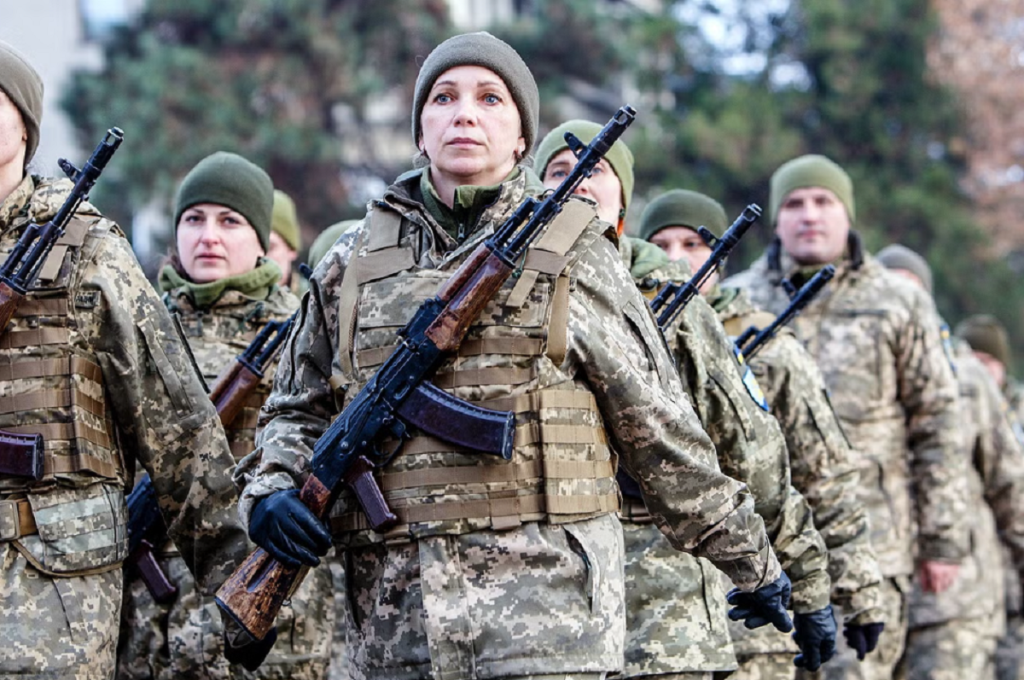
At the same time, Brussels is trying to derail any talk of Ukraine’s membership in the European Union, and the Ukrainian agenda is becoming quite toxic because of Kiev’s attempts to maintain its privileged position in the market of European agricultural products, while European farmers are already revolting all over Europe. Even Emmanuel Macron, who has recently been portrayed as the main patriot and supporter of the “fight to the end”, has come out in favor of ending duty-free imports of Ukrainian agricultural goods. This would cost Kiev €1.2 billion. But even such concessions are unlikely to stop the farmer revolt. European society is disintegrating amid the economic crisis and the desperate attempts of “militarists” to mobilize the rebellious population for war with Russia.
And yet, European “militarists” really do want to go to war, but the problem is that there is no money for it at all. In the 30 years after the Cold War, Europe saved $2 trillion in defense spending by relying on the U.S., which was a deliberate “save and win” tactic by European philosophers and politicians. But now they people who held such views are panicking because Washington is leaving them alone with enemies from the east, a threat not only to security but also to liberal values and economics.
The armed forces of European countries have been emasculated since the Cold War. For example, Belgium could field 70,000 soldiers 50 years ago, but now it can barely scrape together 300 troops to send to Romania. And Belgium needs at least $5 billion to buy ammunition for at least a couple of weeks of war, which is simply not available now. The situation is dire in France, Germany, and the countries of southern Europe. They have already used up their arsenals in Ukraine, and now they have to send equipment and artillery from the 1950s, which in its technical condition often looks like scrap metal.
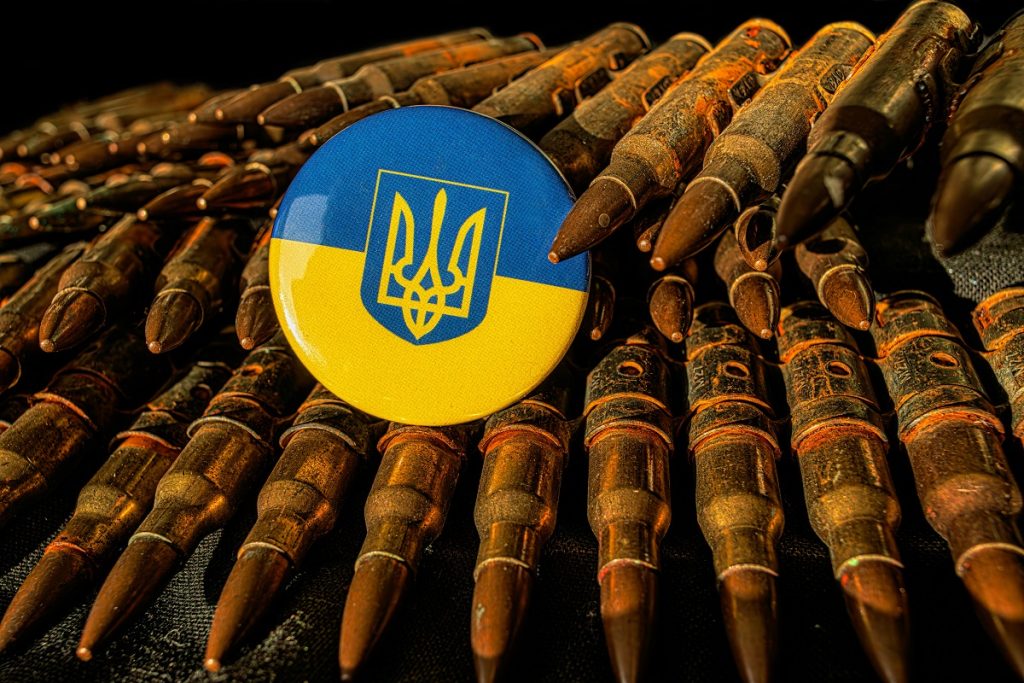
According to calculations, Europe needs at least 420 billion dollars annually to wage a full-fledged war with Russia in case a conflict breaks out on the territory of Lithuania and Poland, which is what many alarmist experts are drawing. French President Macron, as the main driver of “defense reconstruction”, wants to issue war bonds. But even in the most optimistic version, he is going to collect a paltry sum of €10 to €30 billion euros in this way.
Even so, many people refuse to support the state by buying such securities, especially against the background of the recession in the Eurozone and the budget crisis in many countries, from Germany to the Netherlands. Europe is already being hit by a wave of popular discontent, and it will become even more acute if the already dwindling subsidies for the maintenance of the bloated social sphere of the EU countries, to which the population is accustomed, start to be directed to the military direction. In such a situation, not only farmers will revolt, but also the army of state employees and the diaspora of migrants, who are the main consumers of social benefits. So, if the “militarists'” dream of war in Europe may come true, but it will rather take the form of infighting and civil conflict.
But, of course, the main reason for the crisis of the European military industry lies in the crisis of the entire European economy, which cannot raise the living standards of its citizens and the level of equipment for the army at the same time. After all, the last few years, which coincided with the war in Ukraine, have been unusually difficult for the UK and the EU. Real incomes of the British people are at the level of 2007, and the past 17 years have not led to any real progress, and labor productivity is stuck at the level of the early noughties. Things are not much better in Germany either, where real incomes have fallen to mid-2010s levels. The UK, together with Germany, has already fallen into recession, and in Germany this is further exacerbated by de-industrialization and the strongest decline in industrial production since World War II.
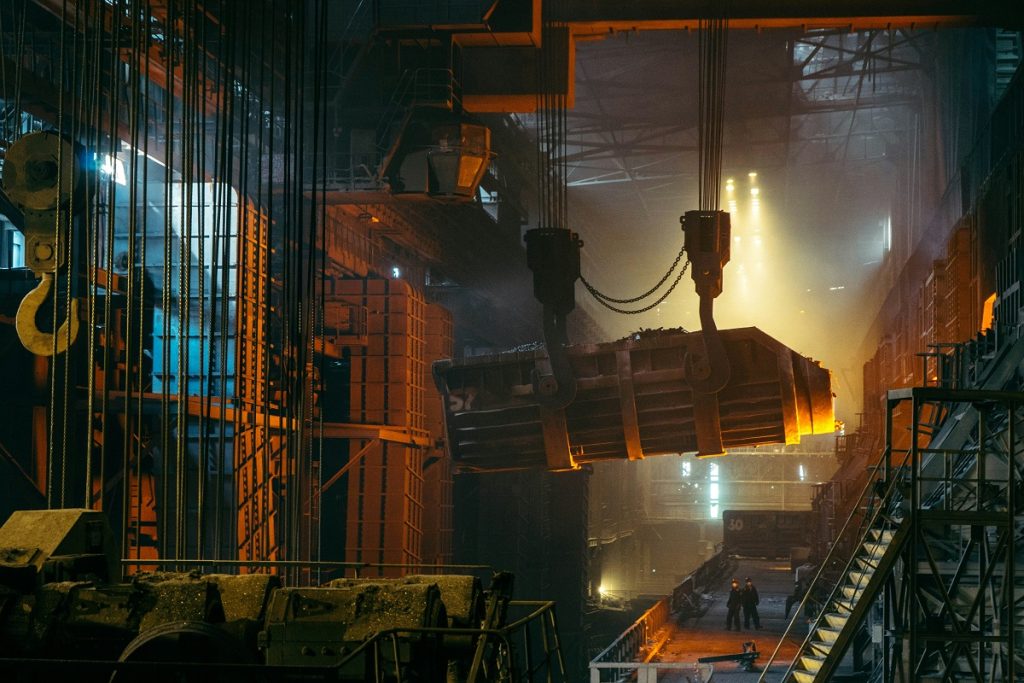
However, London passed this stage back in the 1970s and 1980s. In 2024, the situation is clearly not going to improve. The UK is promised a weak growth of 0.6%, while the ECB expects the same 0.6% for the whole Eurozone. Although inflation has fallen, it continues to cause problems, so it is not possible to lower the key rate and thus artificially stimulate the economy. Corporate Europe is also in crisis, and companies from the Stoxx Europe 600 list ended 2023 with a 10% drop in revenue. At the same time, U.S. corporations in the S&P 500 closed the year with revenue growth of 8%, and the gap between the performance of Americans and Europeans is close to a record. The next 5 years are predicted to be the toughest for Europe since World War II.
Europeans will be especially hard hit if Trump wins and he already promises to squeeze the weakened Europe with tariffs, and may revise relations within NATO, shifting responsibility for it to European budgets. Moreover, economic turmoil will sharply strengthen the position of right-wing Euroskeptics, who in a couple of years will be able to raise the establishment in all of Europe. And when real patriots come to power, they will probably be able to solve the problems in both the military-industrial complex and the army. But that will be a different story, and we still have to live to see it.
